
Perspective on the Indian real estate market
Amidst the turbulence of many of the world’s largest economies, particularly in western markets such as the US and European economies, the broader macro economic outlook in Asia is encouraging.

Amidst the turbulence of many of the world’s largest economies, particularly in western markets such as the US and European economies, the broader macro economic outlook in Asia is encouraging.

India has the second largest population in the world and is expected to overtake China by 2025. Fulfilling the housing needs of the Indian population which is growing at 1.41% annually is a tremendous challenge for the government today.
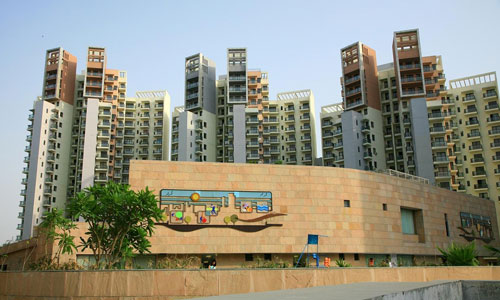
John Macomber, Senior Lecturer in real estate, Harvard Business School, says, “I am wary of market timing by residential investors. If you need a home and can afford it, buy a home and hold it.”
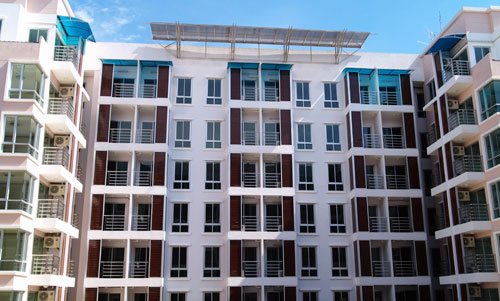
For how long can Indian real estate remain in a state of denial? It is time to get realistic with the ground realities that suggest pre-2007 days are over.

Many of the best luxury and ultra-luxury hotels from all over the world are readying plans to enter the India market, and are expected to set up chains over the next couple of years.

While the rest of the world continues to recover from decreased tourism, international hotel chains are bullish to the Asia Pacific region where the travel market is on the rise and struggling to keep up with the demand.
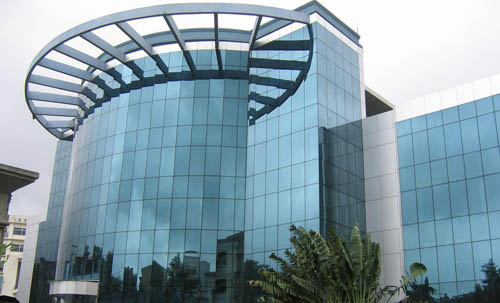
Asia Pacific office markets may be resilient but definitely not immune to the euro crisis, says the latest report of DTZ.
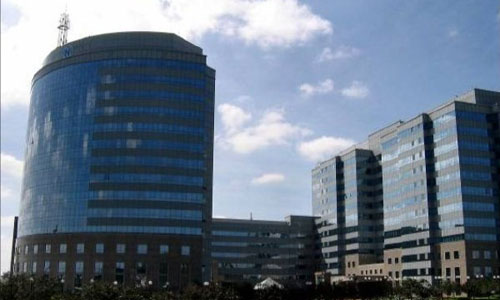
Mapletree India China, a wholly-owned subsidiary of Temasek Holdings of Singapore, has acquired 100% stake in a Bangalore technology park for Rs.800 crore.
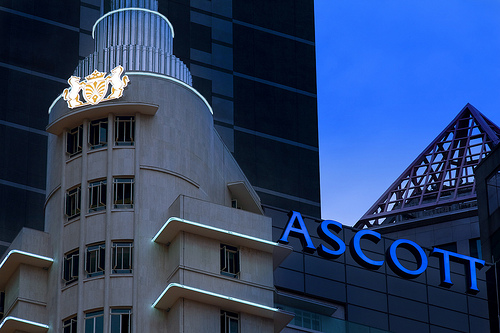
Targeting the growing corporate sector in India, global serviced-residence owner-operator The Ascott International aims to double its presence by 2015 at an investment of about USD 250 million.
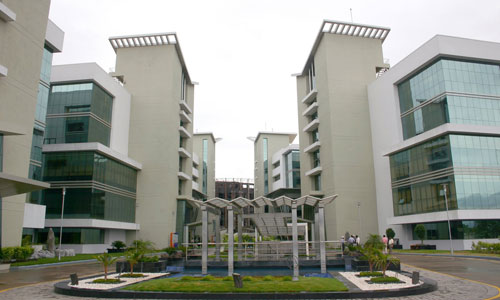
Indian commercial property market has lost momentum in Q3 with the capital values turning negative for the first time since 2009.
